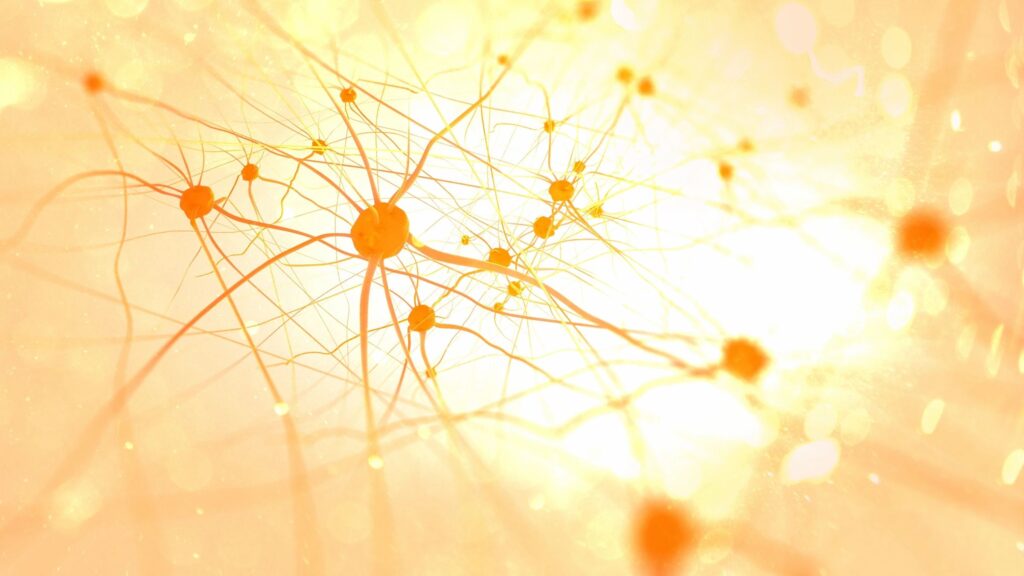Posts by Neil Petersen
Autism and Special Interests
People with autism often have “special interests” – topics or activities that they are highly interested in, even obsessive about. These interests can take many forms, but the common theme is the importance these interests have for people with autism. A recent study published in Autism Research and titled Special Interests and Subjective Wellbeing in…
Read MoreWhat Do Your Media Habits Say About Your Personality and Mental Health?
Here’s a shocking finding: going on the Internet might correlate with good mental health. And if you don’t find that shocking, you probably don’t spend enough time on the Internet. That finding is from a recent study that tracked the media habits of 633 German students with the goal of untangling how different types of…
Read MoreHow Early Can Signs of Schizophrenia Be Spotted?
Most mental health conditions are treated after they appear. Given how incomplete our understanding of the brain is, we can only hope that one day we’ll be able to prevent psychiatric disorders instead of waiting for them to do their damage. But there are some indications that mental health treatment oriented around proactive rather than…
Read MoreInfants Will Judge You for Not Being Fair
“That’s not fair,” said every child ever, at one point or another. We all know that children can have firm convictions about what’s fair and what’s not, but it turns out that infants as young as 13 months seem to value fairness. That’s according to a study of 13- and 17-month infants by psychology researchers…
Read MoreGoing Shopping or Going Into Nature: Which Is Better for Your Mental Health?
What should you do this weekend – go blow some hard-earned money, or go walk around by some trees? One is certainly cheaper than the other. A recent study titled Shopping Versus Nature: An Exploratory Study of Everyday Experiences, published in the journal Frontiers in Psychology, investigated, well, pretty much what the title suggests. Specifically,…
Read MoreAnxiety Coping Skills Predict Later Career Satisfaction
I’ve got some good and bad news for all the anxious people out there. As an anxious person myself, I know that anxious people will naturally want to know the bad news first, so I’ll start with that. Bad news: People with higher levels of anxiety tend to go on to have lower levels of…
Read MoreCompassion and Self-Compassion Don’t Necessarily Go Together
Self-compassion is an important predictor of mental health. As I’ve written about before, people with more self-compassion are less likely to experience depression, less likely to ruminate on negative social experiences, and more open to mental health treatment. Basically, being nice to yourself pays off. But many people who treat others with compassion are more…
Read MoreThe Dangers of Phubbing
“Phubbing” may be a made-up word, but the phenomenon it describes is very real. The verb to phub was originally coined as part of a marketing campaign for the Macquarie Dictionary, and it describes the behavior of snubbing someone in order to use a smartphone. The word has caught on, to some extent anyway. On…
Read MoreChildren Understand Abstract Art
Are you smarter than a three-year-old? If you don’t “get” abstract art, the answer may be no! A recent study from researchers in Greece investigated whether 78 children between the ages of 3 and 5 were able to infer emotions from the colors used in paintings. The children were asked to view, and to interpret,…
Read MoreWhat Leads to Adult Picky Eating?
It’s common knowledge that children can be choosy about which foods they eat, but what many people might not realize is that picky eating can last into adulthood. In more serious cases, adult picky eating can be classified as a disorder psychologists call avoidant/restrictive food intake disorder. Yes, that’s admittedly somewhat of a mouthful –…
Read More
